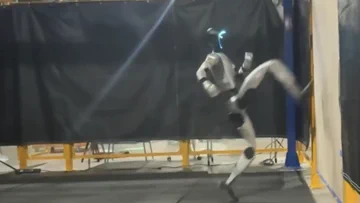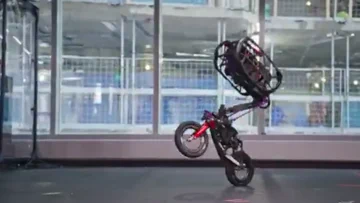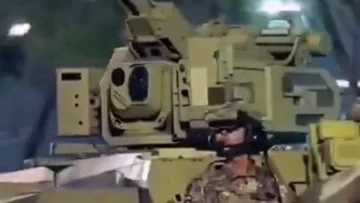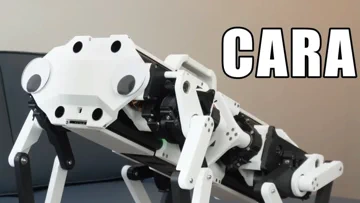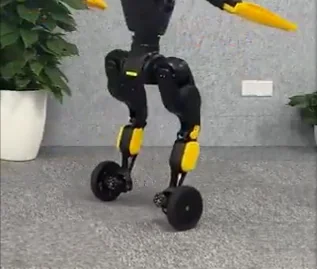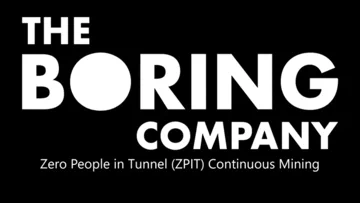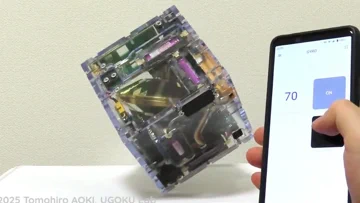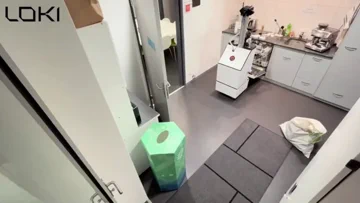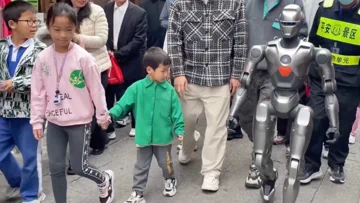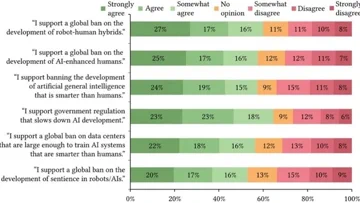In a development that should make Swedish furniture designers nervous, researchers have unveiled RoboHorizon, a new AI framework that significantly boosts a robot’s ability to perform complex, multi-step tasks. The system cleverly uses a Large Language Model (LLM) to act as a kind of project manager, breaking down vague instructions into a series of achievable sub-tasks and generating a dense reward structure to keep the robot on track. This new Recognize-Sense-Plan-Act (RSPA) pipeline led to a dramatic 29.23% improvement in success rates on long-horizon tasks.
The core problem in long-horizon robotics is that tasks often provide sparse rewards; a robot might only know it succeeded after a dozen complex steps, making it difficult to learn which specific actions were correct. RoboHorizon tackles this by having an LLM create a detailed checklist with rewards for each step. This is paired with a “keyframe discovery” method that helps the robot focus its visual system on the most critical moments of a task, like the instant a gripper makes contact with an object. It’s the robotic equivalent of not getting distracted and actually reading the instructions.

Nowhere was this more apparent than on the FurnitureBench benchmark, a series of IKEA-inspired assembly tasks designed to be uniquely frustrating for autonomous systems. This test requires long-term planning, precise manipulation, and the ability to connect different parts correctly—challenges that stymie many current models. RoboHorizon’s success here demonstrates a significant step toward robots that can handle the kind of complex, real-world assembly that has, until now, been the exclusive and painful domain of humans.

Why is this important?
This research tackles a fundamental barrier to creating truly useful, general-purpose robots. By integrating the abstract planning capabilities of LLMs with the physical execution of a robotic world model, RoboHorizon provides a blueprint for machines that can reliably complete complex chores. Instead of being limited to single, repetitive actions, this approach opens the door to robots that can plan, adapt, and execute multi-stage jobs in factories, labs, or even homes, bringing the dream of a competent robotic assistant one giant leap closer to reality.

